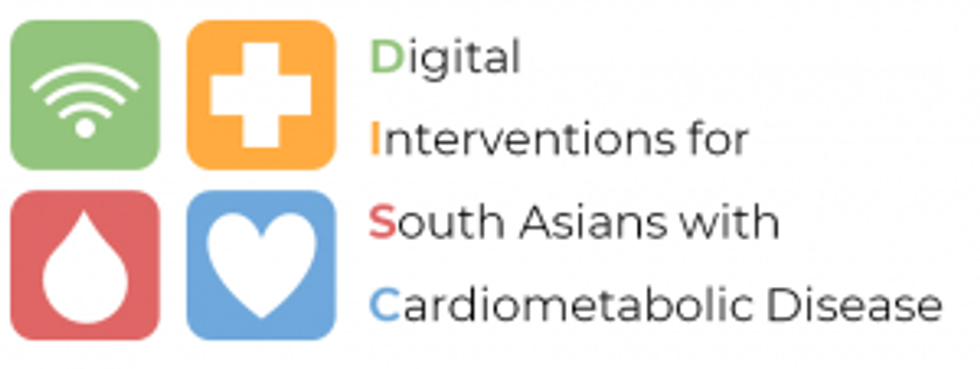A STUDY exploring the take-up of digital healthcare technology among south Asians has been launched this week by a UK university.
UCL (University College London) has invited people to share their experiences for the research, which is looking at inequalities in the use of digital health interventions, such as websites and phone apps, for cardiovascular disease and diabetes.
The DISC (Digital Inequalities in South Asians with Cardiometabolic disease) research focuses on people from a south Asian background, as this group has a higher risk of developing heart disease and diabetes. Therefore, they may be more likely to experience differences in access to, and delivery of, healthcare.
Professor Amitava Banerjee, chief investigator at UCL’s Institute of Health Informatics, said: “Healthcare delivered digitally, such as via websites, phone apps or text message, has become more common in recent years, and particularly during the pandemic. However, not everyone has benefited equally.
“It is important that healthcare delivered in this way meets the needs of everyone and the study aims to understand how this can be achieved.”
Experts want to hear from individuals of a south Asian background affected by heart disease and diabetes, as well as healthcare professionals and other experts working in this area.
The DISC Study, funded by the UK National Institute for Health Research, will run until Summer 2023.
Dr Mel Ramasawmy, research fellow, said: “We hope that by understanding the reasons people have, or have not, engaged with these digital services, we can make recommendations to ensure that national health efforts reach everyone.”
Find out more information about the online survey and take part by following this link: https://ucl.onlinesurveys.ac.uk/the-disc-study-survey-ca

















 Crispello was originally launched by Cadbury in the UK in 2012B&M
Crispello was originally launched by Cadbury in the UK in 2012B&M 

